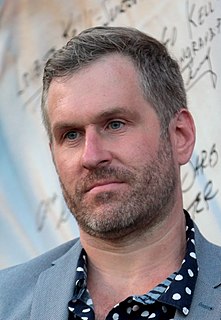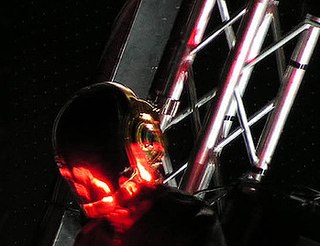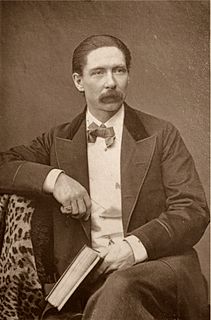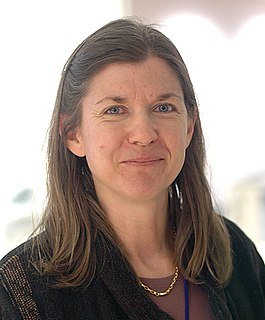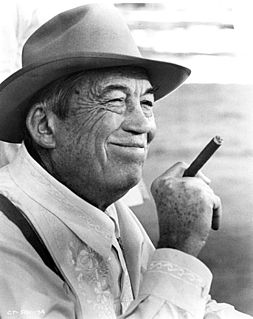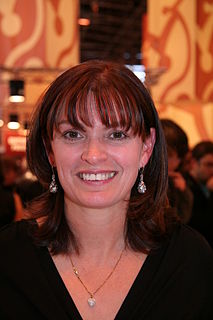A Quote by Penn Jillette
Modern American magic, late 20th century magic, is tremendously disrespectful of the audience.
Quote Topics
Related Quotes
The magic - we can try to capture the magic - the music that comes out of the speakers. That sparkle of magic that we can get sometimes is just what we are looking for and if it works while we're in the studio the two of us, then we think that maybe we can share it with an audience. And it's been the case from the beginning.
There was a guy named Ed Mishell. He was this grandfatherly guy who did all the illustrations for the catalogs and reviewed magic effects for the magic magazines, so all of the magic dealers would send him magic effects for free-it was a great deal. His basement was full of this stuff. He took me under his wing, and he would sneak me into the Society of American Magicians meetings in New York. It's the world's oldest magic organization.
When two people meet and fall in love, there's a sudden rush of magic. Magic is just naturally present then. We tend to feed on that gratuitous magic without striving to make any more. One day we wake up and find that the magic is gone. We hustle to get it back, but by then it's usually too late, we've used it up. What we have to do is work like hell at making additional magic right from the start. It's hard work, but if we can remember to do it, we greatly improve our chances of making love stay.
There are 3 kinds of magic in our world. The peddling little magician magic like Uncle Andrew in 'The Magicians Newphew' where people mess around with things they don't understand. It's movie magic. Then there is the magic of the evil side of things. The demonic forces. And that's not really magic... it's corruption of what really exists. And then finally there is the magic of the Holy Spirit of God which is the creation and maintenence of the universe. We don't understand it... and we haven't the faintest idea how He does it. But it's real. That's the deep magic.
D-Day represents the greatest achievement of the american people and system in the 20th century. It was the pivot point of the 20th century. It was the day on which the decision was made as to who was going to rule in this world in the second half of the 20th century. Is it going to be Nazism, is it going to be communism, or are the democracies going to prevail?
There is some confusion as to what magic actually is. I think this can be cleared up if you just look at the very earliest descriptions of magic. Magic in its earliest form is often referred to as “the art”. I believe this is completely literal. I believe that magic is art and that art, whether it be writing, music, sculpture, or any other form is literally magic.



